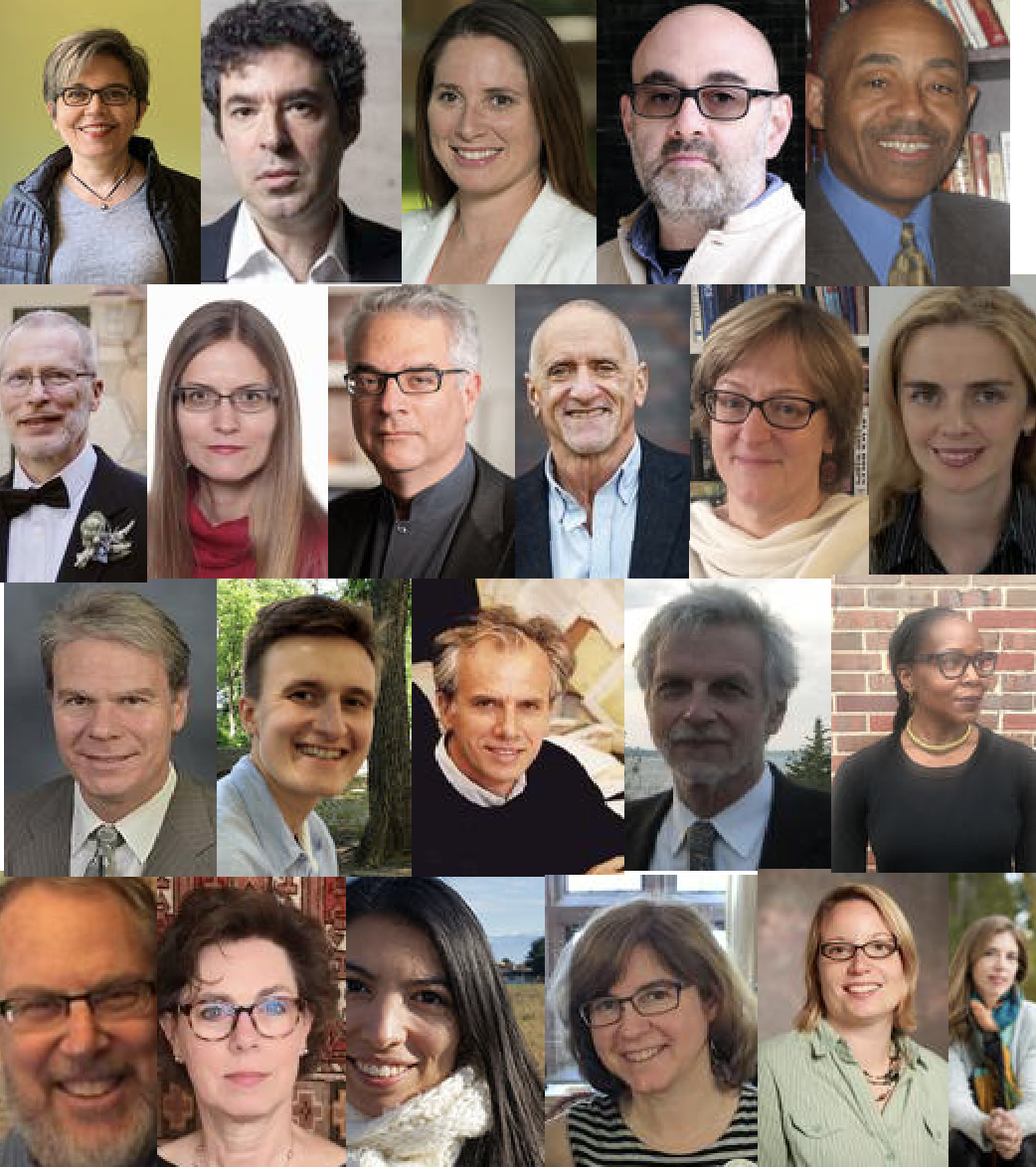FAS Senate condemns Russian invasion, labs offer support for displaced Ukrainian scientists
More than a dozen faculty offered positions in their labs and research groups to displaced Ukrainian scholars.

Courtesy of the Faculty of Arts and Sciences
On Wednesday, the Faculty of Arts and Sciences Senate issued a resolution condemning the Russian invasion of Ukraine.
The senators expressed deep concerns about Ukrainians in need of humanitarian aid, Yale community members with connections in Ukraine and academic scholars and students at Ukrainian universities that have been affected by the growing crisis. The statement was signed by 20 of 22 FAS Senators, including all seven members of the Senate’s Executive Council.
“Universities are central to the defense of democracies, as they share with democracies the principles of free and unfettered debate, and the ability to challenge authority in the pursuit of truth,” the resolution stated. “As scholars, we reject the erasure of history imposed by an imperialist narrative to justify the invasion of a peaceful, sovereign nation.”
The Senate also urged faculty to review two lists of information, one compiled by Professor Timothy Snyder and the other compiled and circulated by students.
Additionally, faculty members across the University are offering positions for displaced Ukrainian students and scholars, in most cases for postdoctoral researchers. Sixteen leaders of laboratories or research groups added open positions to an international database created by University of Oregon evolutionary genomics professor Andrew Kern. Twelve of these leaders, including FAS Senate Chair Valerie Horsley, are School of Medicine faculty. At least four are professors with primary appointments in the Faculty of Arts and Sciences: chemistry’s Timothy Newhouse, biomedical engineering’s Andre Levchenko, and ecology and evolutionary biology’s Martha Muñoz and Jenn Coughlan.
“I felt this is one thing I could do to help,” Muñoz said. “With the collective effort of many labs, we can do our part and send a message of unity.”
Muñoz added that her funding is structured with flexibility, allowing her to take on any academic whose work fits within the scope of her research. Her position is open to both graduate students and postdoctoral researchers.
The Senate’s resolution aligns with widespread condemnation of the invasion issued by governments and academic institutions alike.
“I felt that the impact of the invasion on our students (as I experienced at the vigil), and the impact of this war on our academic colleagues in Ukraine, warranted a statement,” Horsley wrote to the News. “Beyond the impact on academia, Russia’s aggression may lead to a major world war, which impacts all of us.”
Vice President for Global Strategy Pericles Lewis wrote to the News that the University is working towards a policy to allow more international visitors, including those from Ukraine, onto campus this summer. The Office of International Students and Scholars will continue to assist international researchers with visa applications, though Lewis noted that visa timelines largely depend on the State Department.
Sterling professor of Social and Natural Science, Internal Medicine and Biomedical Engineering Nicholas Christakis, a senator who worked on the Senate’s statement, praised both the Senate’s and University’s response to the war in Ukraine.
“The University needs to be judicious in which causes it speaks out about,” Christakis said. “An event like this, in which an authoritarian regime is invading a democratic neighbor, represents a threat to the fundamental values that underpin universities. Every instrument of civil society needs to take this seriously.”
Christakis added that he is considering ways his lab, which investigates the spread of disinformation online, could produce research helpful to the resistance efforts in Ukraine.
The Senate meets today, March 10, for a public Zoom session at 4 p.m.
Correction, March 10: This article has been updated to correctly state Christakis’s title.







